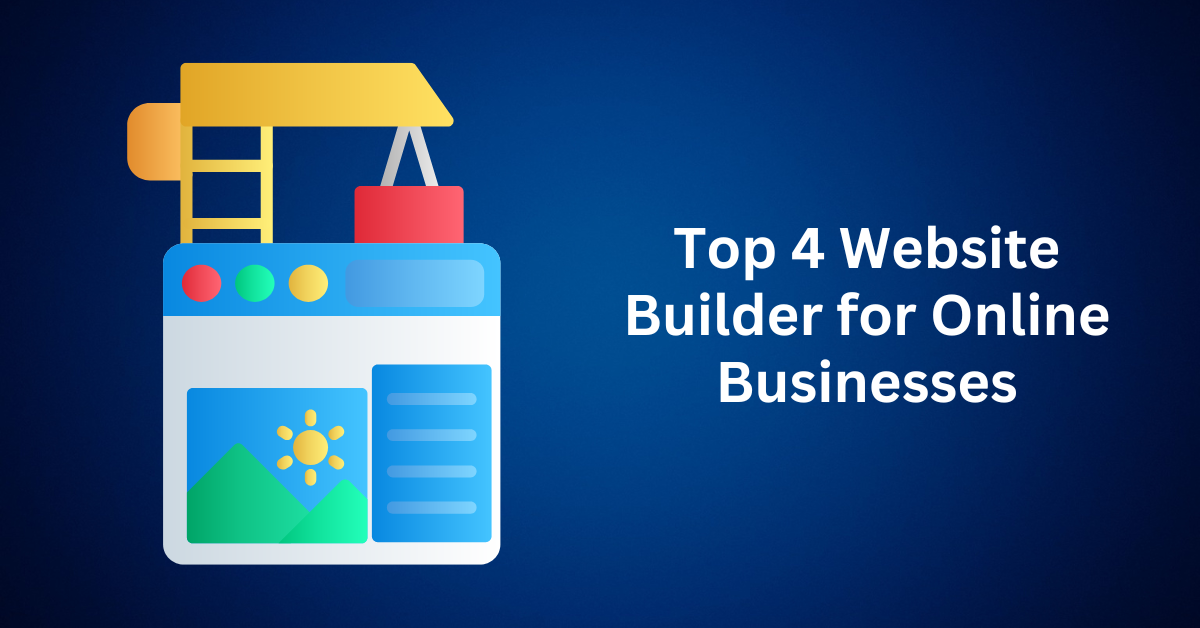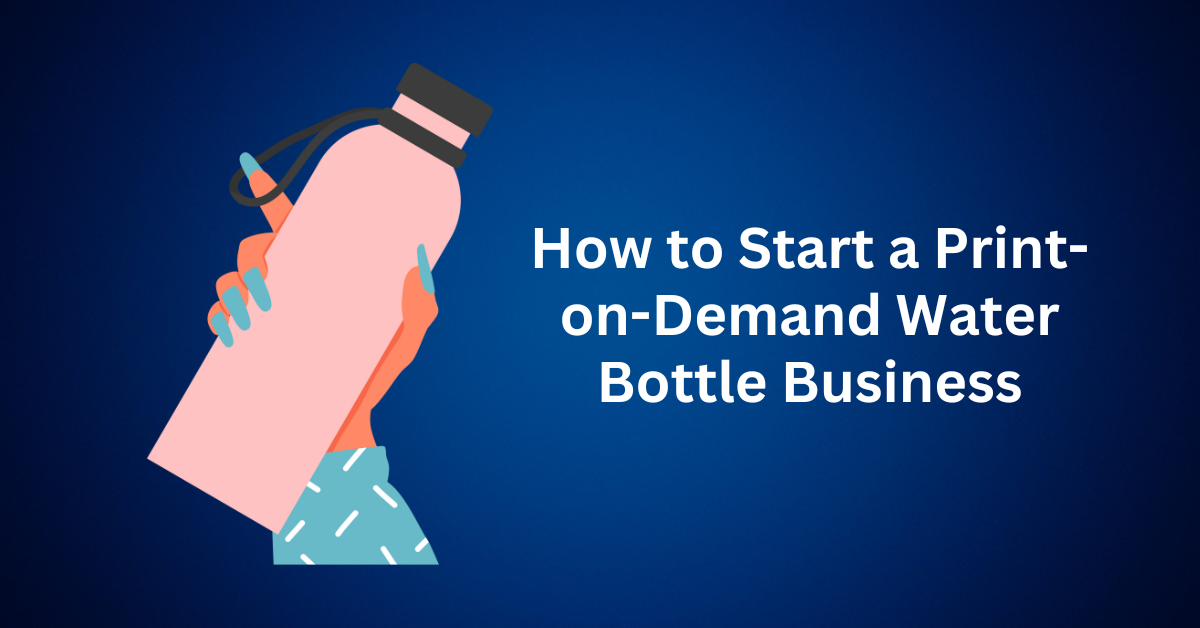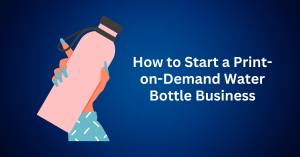A website is a digital identity that represents a company or organization on the Internet. Building a website can be the fun part and at the same time the worst part of your business. You can hire the best designer out there to build it for you, or you can do it on your own. If you are a beginner or a non-technical person, you can also build one without any technical coding. All you need is to use a website builder.
To build your website, first of all, you will need to think about what the website is for and how is the user experience you want for your customers. It can be a corporate website to explain your company or a series of sales pages to sell your products and services. Different purposes of the website will need different process flows and navigations to organize your page for better viewing.
After you have those done, it’s time to start thinking about how to build your website. This means choosing the best website builder for your website.
Of course, you can code it out from scratch if you are an experienced programmer. But, chances are, most of you will reach out for an easier path with the website builder.
Website builders come as an all-in-one solution for small business owners to build their websites easily, without any technical experience. And better, drag and drop webpage customization.

Table of Contents
ToggleWebsite Builder Selection Criteria
There are approximately 175 websites created every minute, or 252,000 every day. A good website builder will enable you to stay in front of the game and be able to optimize your website for better conversion.
As a new website owner, you need to understand that not every website builder is created equal. They are designed to build nice websites, but not necessarily the best solution for website building.
The digital marketing tool market is very competitive, and many solution providers have expanded their business from a single tool to an all-in-one solution platform. They are good in their own core business, but when it comes to website building, it might not be the best.
For example, I love GetResponse as my main email autoresponder. This is what GetResponse originally was before expanding to a total solution. It manages my email list, email sequence, and so on well. However, I think that the website-building function does not work as well as some other solution providers out there.
Over the years of building websites for my own business as well as my customers, we have tried many different website builders, especially for small businesses. And we come out with the four criteria for choosing the best website builder.
Price, Ease of use, Features, and Customization level.
These criteria are best to consider if you’re just getting started and don’t want to go through the steep learning curve of building a website. They are also flexible in terms of scalability. As your business grows, you want to grow your website on the same platform as well. Forget about the hassle of transferring your website from one platform to another. It either costs you a lot of money or time.
Price
The cost of the website builder tool is important when you are starting. You want to get a good one, but not burn your wallet. With the limited startup fund and the monthly commitment, you should save more of your budget for marketing and customer acquisition.
The website builder cost is not a one-time charge, but it works as a monthly recurring charge. Hence, you should choose one that you can start small and then gradually scale up when your business grows.
Depending on the website builder solution you choose, if you are using a self-hosting WordPress CMS solution, the website builder is free, but you are going to pay for the monthly web hosting fee as well as some premium plugin subscriptions.
And if you are using a total solution, then it would be a monthly subscription fee for the service. And the website builder provider will handle everything for you. But for any add-on premium plugins or apps, you will need to pay for the subscription as well.
Ease of use
Fixing the code error may not be the most exciting thing you want to do. Unless you are very familiar with HTML, CSS, and so on, a drag-and-drop editor always works best for you.
As a business owner, not a programmer, you should always look for the easy path for your web design. With a drag-and-drop editor, you can instantly add elements to your web pages, swap the location of each element, and visualize how it looks and where it should be.
Even if you are outsourcing the work at the start, you should ensure they are using a user-friendly website builder so that you can easily manage and customize your website in the future. And most importantly, you don’t want your idea to be crafted out after a few days or even weeks. You want to be there and live within a couple of hours. And if any changes are made, they should be ready within hours as well.
Features
Depending on the type of website that you are building, you want to ensure the website builder chosen focuses on the website type. For example, if you are building an eCommerce store, you can look for platforms like Shopify or WordPress WooCommerce. And if you are building a sales funnel, ClickFunnels is the go-to.
The key here is to get a website builder that consists of all the basic functions that you need for your website. Other features can come in as add-ons via plugins or apps. This will ensure that your website is lightweight and is able to load fast.
Other support, like the payment gateway, third-party app integration, customer support, and resources, is all important for your website to work well. You don’t want a platform that takes many steps to set up just to collect payments from your customers.
Customization Level
When website builders offer simplified solutions, they will make them modular. Each item will be like a building block, and you can mix and match the blocks to create your desired website design.
However, in some cases, this also limits the customization available for your website design due to its web design structure. And this will be a challenge for some business owners who would like to have some extra customization. The limitation posed by the website builder will limit what they can do if they want to have some custom code.
The Best Website Builder for Small Businesses Compared
We will be sharing the four famous website builders. Each has its advantages and disadvantages.
1. Shopify

If you are thinking of building an eCommerce store, Shopify is a go. Shopify allows you to build a full eCommerce store with a blog function. Shopify focuses on creating a solution for fast eCommerce store building. This includes product listing creation, listing management, accepting payment, tracking inventory, fulfilling orders, and communicating with your customers and others.
If you just want a website, but not the eCommerce store feature, then Shopify is not for you. You can easily build your website on Wix or WordPress. Shopify is good for building an eCommerce business. You can get your eCommerce store built from scratch in one hour.
Shopify is an all-in-one eCommerce builder tool that handles everything for you. You won’t need to get your hosting. All you need is to sign up for the subscription plan and start customizing your store. If you need to buy a custom domain name, Shopify sells it as well.
Not only that, Shopify offers three major plans suitable for small businesses to large enterprises. You will not need to worry about migrating your eCommerce store to another platform when your business grows. You can still run it on Shopify itself.
Why Shopify is one of the best e-commerce website Builders?
As a business owner, there are three things that I love about Shopify. The simplicity, performance, and support of multiple marketplaces.
As a small business owner, you will have a lot of things to manage when you are just starting. And you don’t want to waste your effort and time in learning how to build your eCommerce site or troubleshooting when something goes wrong. You can build your entire Shopify store from scratch without touching any code. But if you want to have some custom coding, you are free to do it.
And for any website, a fast loading time is the most important to increase your customer experience and customer retention. If your website loads slowly, people will leave before even seeing your website content. Hence, this is one of the important metrics. And, key for SEO ranking as well.
Shopify did a good job in simplifying its basic site features, and all the extra features will run on a separate app module installed on your website. This means, unless you screw up by installing too many unnecessary apps, your eCommerce site’s loading time should be good.
Finally, to get your products out to more people. You want to sell it on different platforms on the internet. Shopify offers different sales channels for your eCommerce store, including Facebook, Instagram, and TikTok.
2. Wix
Another popular website builder is Wix. Similar to Shopify, Wix will handle everything from web hosting to domain name purchases for you. You can run on Wix for free with limited features or with a monthly subscription to unlock different features.
If you want to build a corporate website or portfolio website without the hassle of setting up the web hosting separately, Wix is your choice.
It is very easy to build your website with Wix, as it offers a drag-and-drop website customization feature too. If you are not sure where to start, you can even use the Wix AI feature to get your website built in minutes. All you need to do is explain what your business does and what type of website you need.
3. WordPress
WordPress is one of the most popular website builders out there. It works as a CMS (Content Management System) platform. WordPress runs as a self-hosted website builder. This means you will need to subscribe to your web hosting service separately. It’s additional steps you need to handle yourself and manage them. But with the popularity of WordPress website builders, there are many custom web hosting providers with one-click deployment for WordPress. You can leverage it and deploy your first WordPress website, too.
WordPress is free to use, but you will need to pay for the web hosting service and some additional premium plugins.
WordPress is easy to deploy with the one-click deployment feature, but there is also a steep learning curve. If you master it, there are many different things you can do with WordPress. As open-source software, you can access almost everything on your website and customize the code based on what you want. But be careful when you do this, as you don’t want to crash your website.
WordPress, as a CMS platform, allows you to build a common website or blog by default. However, you can set up the ecommerce features with the freemium WooCommerce plugins. You can explore different plugins from the WordPress plugin store. Features like marketing, analytics, and SEO strategy are all available in it.
4. ClickFunnels

ClickFunnels is another solution provider that is specifically good at building sales funnels. A sales funnel is a series of pages that you create to guide your potential customers to buy more products as they go through the pages. It’s proven to work for online businesses to grow and scale fast. There are many business owners that built a 7 or even 8-figure business with ClickFunnels.
ClickFunnels focuses on sales funnel building. With the drag-and-drop builder and the building blocks available, you can easily build a nice landing page or sales page for your business. Not only that, there are many pre-built templates for you to start and build a high-converting sales funnel.
Not only that, but with extensive data analytics functions and split test features, you can optimize your sales funnel easily with ClickFunnels. With ClickFunnels, you can also build a website and blog from it.
Final Thoughts – Selecting Your Website Builder
A website builder is important for your online business. You should first determine the goal for your website before selecting one. If you want a simple website or blog, Wix or WordPress is a good place to start.
And if you are looking to build an eCommerce store, Shopify will be your best choice. And overall, if you are looking for a sales funnel builder with a website-building feature, ClickFunnels is the best for you. ClickFunnels may seem more expensive for the monthly subscription fee; however, with all the features it provides, you can save a lot on other related tools that you might need to subscribe to for your online business.
Now, it’s time to go and build your website.



